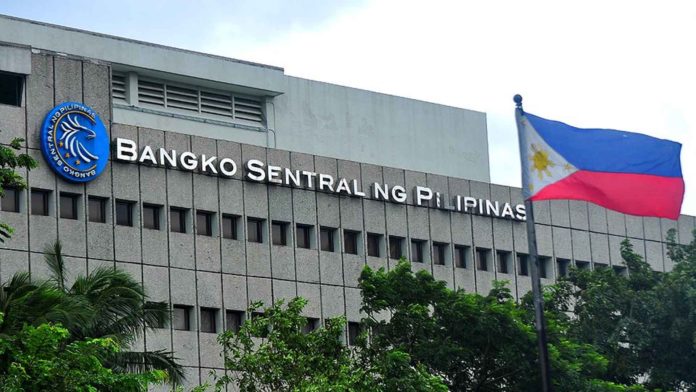The Bangko Sentral ng Pilipinas (BSP) highlighted the need for accessible, convenient and secure e-payment services amidst the COVID-19 pandemic.
BSP Governor Benjamin E. Diokno noted the importance of shifting consumer behavior toward e-payments, considering the limitations on people’s movement and activities during the enhanced community quarantine (ECQ). E-payment services allow individuals and organizations to easily transfer money from their accounts to any recipient account with any participating financial institution around the country. They can do this within the comfort of their homes through online banking, mobile apps and e-wallets, using any digital device with internet connection. By using e-payments with due care and vigilance, Filipinos reduce their need for mobility and prevent health risks from face-to-face and over-the-counter financial transactions.
Comparative data before (01 to 16 March 2020) and during (17 March to 02 April 2020) the ECQ showed significant decline in the volume and value of check payments and ATM withdrawals. This downtrend reflects the effect of the ECQ on the check-based and cash-based financial transactions of businesses, households, and individuals. These data indicate a clear opportunity for digital payment channels and services, such as PESONet and InstaPay.
PESONet and InstaPay are electronic funds transfer (EFT) services offered by BSP-supervised financial institutions for their account holders. Fees for these services have in fact been waived for the duration of the ECQ period. PESONet is appropriate for high value transactions of companies, other businesses, government entities, and individuals while InstaPay is used for urgent and small value retail transactions. These EFT mechanisms were established under the National Retail Payment System, a policy framework issued by the BSP in 2017 to provide an enabling environment for a safe, efficient, affordable and inclusive digital finance ecosystem.
Studies show that the volume of e-payment transactions in the Philippines grew from 1% in 2013 to 10% in 2018. The value of these e-payments also rose from 8% to 20% over the same period. The BSP envisions accelerated uptake of e-payment services in the Philippines over the next three years.






